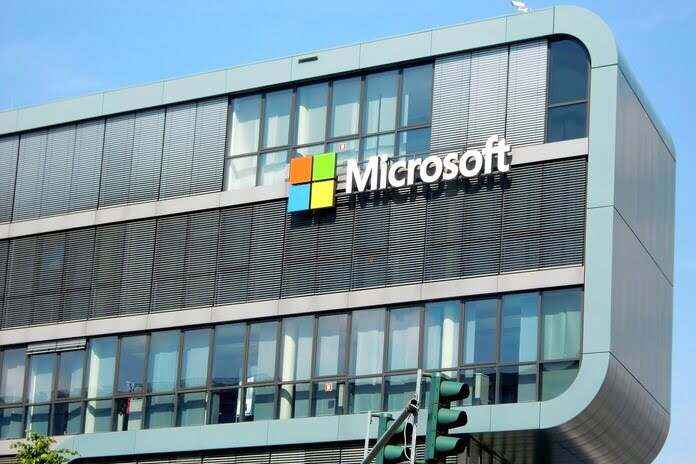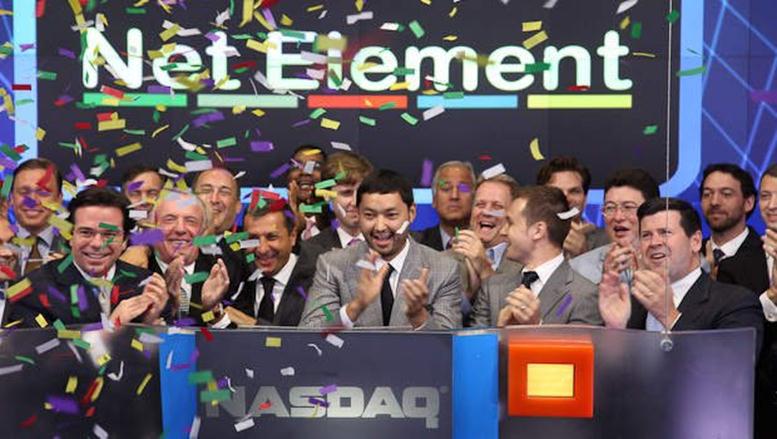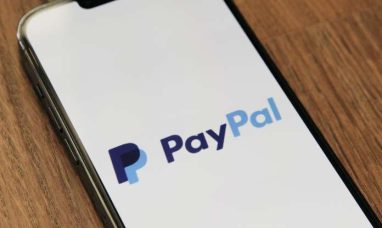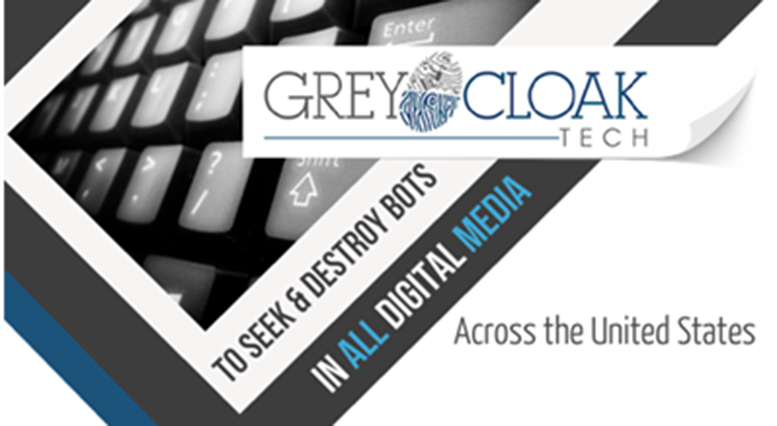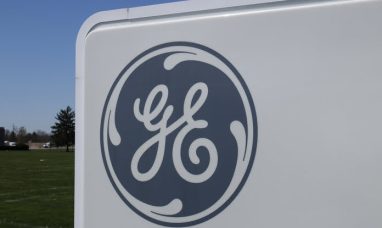Microsoft (NASDAQ:MSFT) has successfully completed its acquisition of the video game giant, Activision Blizzard, for a staggering $69 billion. This landmark transaction, one of the most expensive in tech history, is poised to have far-reaching implications within the video game industry.
The announcement confirming the deal’s closure arrived seven hours after Microsoft received the green light from the UK’s competition watchdog, which had previously attempted to block the merger but reversed its stance, removing the last obstacle in the way of the acquisition.
Taking control of the studios responsible for hit games like Call of Duty, Diablo, and Overwatch promises to give a significant boost to Microsoft’s Xbox gaming console. Xbox, currently third in sales behind Sony’s PlayStation and Nintendo, stands to benefit from this addition. Moreover, Microsoft has grand ambitions of integrating Activision’s titles into its multi-game subscription service, similar to a Netflix for video games.
The nearly 22-month period it took to finalize the deal underscores concerns from competitors and regulatory bodies that Microsoft might exploit its expanding game library to stifle competition. This event is part of a broader trend of industry consolidation, causing some independent game developers to worry about getting marginalized as resources shift toward established blockbuster franchises.
Microsoft’s path is not entirely unobstructed, as the U.S. Federal Trade Commission (FTC) remains in opposition. The FTC argues that Microsoft’s consolidation of a major game publisher could result in “walled gardens” around its Xbox Game Pass subscription service and the emerging business of streaming games on demand. However, after losing a court battle to halt the merger, FTC antitrust enforcers now face a formidable challenge in attempting to reverse it.
“The FTC continues to believe this deal is a threat to competition,” stated FTC spokesperson Victoria Graham.
Microsoft has consistently defended the deal as a positive development for gaming, emphasizing its intent to make Activision’s games accessible to a wider audience on various platforms, rather than limiting them to Microsoft’s consoles.
Phil Spencer, CEO of Microsoft’s Xbox division, emphasized inclusivity, saying, “Whether you play on Xbox, PlayStation, Nintendo, PC, or mobile, you are welcome here – and will remain welcome, even if Xbox isn’t where you play your favorite franchise.”
Microsoft secured approvals from antitrust authorities in more than 40 countries since the deal’s announcement in January 2022, with the European Union giving its approval, provided that Microsoft allows users and cloud gaming platforms to stream its titles without paying royalties for a decade.
However, the most significant resistance came from British and American regulators. The UK regulator ultimately granted approval, contingent on Microsoft selling European cloud streaming rights for all current and future Activision games for the next 15 years to French game studio Ubisoft Entertainment.
The UK regulator’s approach was criticized by some, with warnings against other companies emulating Microsoft’s tactics. The Open Markets Institute, a proponent of stronger antitrust enforcement, praised the UK regulator for imposing a stronger remedy than the European Commission but criticized its apparent indecisiveness.
This monumental deal puts Microsoft in a powerful position within the games industry. Microsoft has been actively acquiring game studios in recent years, aiming to attract more gamers to Xbox. Sony’s PlayStation remains the industry leader, but this acquisition underscores Microsoft’s commitment to becoming a major player in the gaming world.
Bobby Kotick, Activision’s long-standing CEO, signaled his impending departure but pledged to assist with the transition until the end of 2023. He expressed his enthusiasm about the merger, which will bring new resources and opportunities to the company’s global teams.
Under this new arrangement, Kotick now reports to Phil Spencer, who has led Microsoft’s Xbox division since 2014. Sony, Microsoft’s chief competitor, has also ventured into game studio acquisitions, recently purchasing independent game publisher Bungie Inc. for $3.6 billion.
In the ever-evolving landscape of the gaming industry, these strategic moves by major players like Microsoft and Sony will continue to shape the future of gaming for both developers and players.
Featured Image: Pexels @ Salvatore De Lellis



